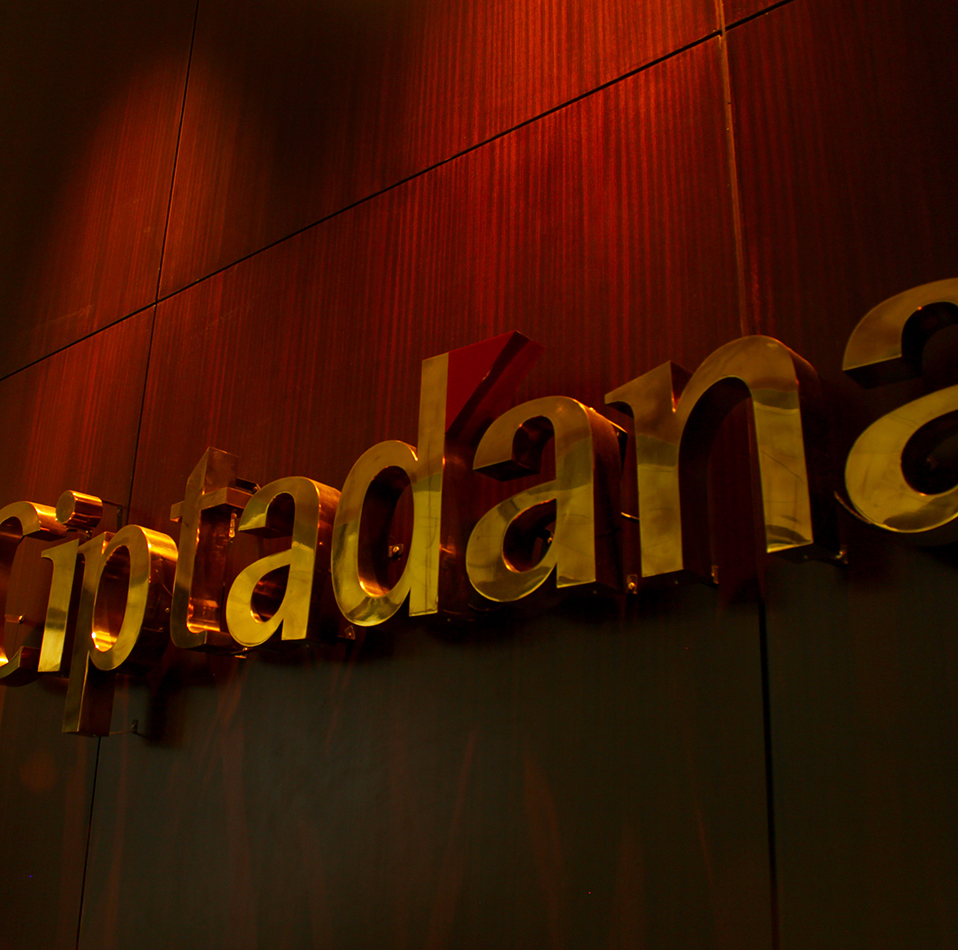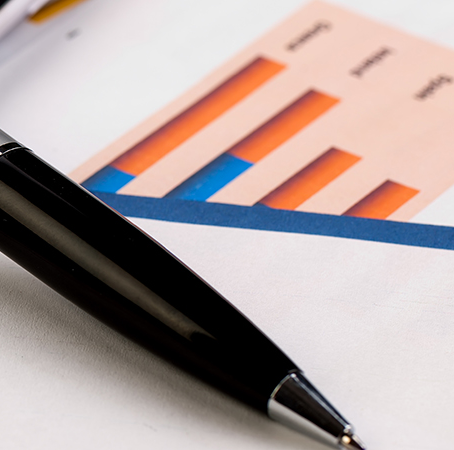Softer demand continues
Despite of the government’s active efforts to implement some measures to boost demand, the property sector has not shown an improvement yet in 2016. Softer demand still continues. Marketing sales achievement has shown little improvement from last year’s even worse performance. We believe that these are mostly triggered by the vertical development segment, while residential segment remains stable. Moreover, from the industrial estates sector, demand has also been weak as investors tend to retain their investment while opting to wait for a more stable macroeconomic, despite of the increasing number of inquiries since the beginning of this year. All in all, demand for property has been weak throughout 2016, where we see that this has been dragged down by weak household consumption due to unfavorable macroeconomic. Then, what is the outlook of propety sector going in 2017?

Lower interest rate and lower LTV ratio may boost demand in 2017
In order to boost economic growth, this year the central bank cut its benchmark interest rate to 5.0%. There is still room for BI to further cut interest rate later this year as inflation is currently at its weakest point in almost seven years and below the central bank’s inflation target. Central bank in August also cut LTV ratio by lowering down payment for first home buyers to 15%, while second and third home buyers to 20 and 25% respectively. According to central bank, mortgage loan grew relatively flattish since last year at around 7%. However, historically, lower mortgage loan has been attracting developers whose target includes middle to low class segment, revealing that 75.7% consumers opted for mortgage loans; wheras middle to upper segment favored cash installment facilities. We expect, next year, lower mortgage loan (currently with an average at a single digit number), combined with lower LTV ratio, will likely boost consumer spending as well as property demand.

Tax amnesty and property
Indonesia’s tax amnesty program was successful in the first phase, in which the government managed to collect around Rp97.3 tn (USD7.5 bn), achieving 58.9% of the government’s nine-month program full target at Rp165 tn. In the long run, economic growth is expected to accelerate o the back of inflows from repatriated funds. Furthermore, the funds must be kept in Indonesia for three years and can be invested in several ways, including direct purchases of property. We give a positive view of property sector in 2017 as the impact from the successful tax amnesty program will bring improvement for to the economy. However, in our view, the impact to property industry will require quite some times and at this moment, we are still wating for the property regulation regarding tax amnesty to be released by the finance minister. We expect the impact to property industry may be realized in 2H17 to early 2018 and has more benefits for property developers that targets for middle to upper bracket.
Better outlook for industrial estates, while office space remains weak
We also have a positive view on industrial estates demand in 2017 as we expect an improvement of Indonesia’s macroeconomy as well as its investment climate. Meanwhile, for office space outlook in 2017, we see demand will remain weak as oversupply persists. According to Colliers, currently, new supply of office space in CBD area in Jakarta has reached about 666,430 sqm, the highest since 1990, while outside CBD about 660,000 sqm. Moreover, occupancy rate currently stays at 84.6% in CBD area, 87.1% outside CBD, and 79.2% in TB Simatupang area. Thus, we are cautious for developers who have a lot of office tower projects to launch, such as LPKR, DILD, and PWON.
Apartment and residential outlook
Futhermore, based on data provided by Colliers, the absorbtion of apartment in 3Q16 inched up by only 0.2% QoQ to 86.9% or equal to an increase of 1.2% YoY; while ASP inched up by 0.8% QoQ or 4.6% YoY, far below ASP growth during 2010-2014 of around 5-10%. We deem that the slowing demand for apartment was due to a large number of people buying apartment for investment, particularly for luxurious apartment. Thus, when economy is slowing down people will hold back their spending for investment. However, we expect demand for apartment will start to recover next year, triggered by inflow from tax amnesty. Meanwhile, for residential, according to data from central bank, Residential Property Price Index (RPPI) recorded at 193.13 in 2Q16, with growth declining to 0.64% qoq from 0.99% previously. Central bank stated that this was driven by rising prices of construction materials and higher wages. For landed residential, we expect demand will also start to pick up next year, driven by government measures to lower LTV ratio and lower mortgage loans. That also could be seen on residential property sales growth that has started to accelerate by 4.0% qoq in 2Q16.
Our top picks
Following better economic expectations next year, we reckon that demand for property sector will likely start picking up in 2H17 to early 2018, particularly for industrial, residential, as well as apartment – while for office space we expect it will still continue to be weak. For 2017, we prefer delevopers who have a higher portion of consumer mortgage loans and high exposure to landed residential product such as BSDE. Therefore, BSDE will remain our stock pick in 2017. For second tier developer, we like PWON due to its strong recurring income and as of potential beneficiary from the tax amnesty program.




















